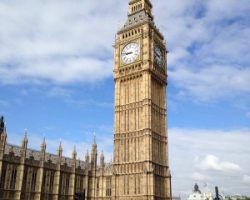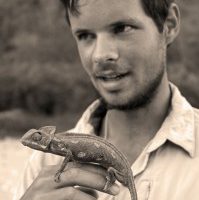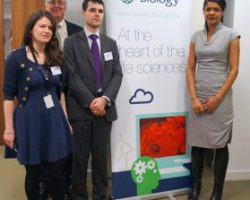Science should not be a niche area for politicians… and vice versa!
by Zoe Self, postdoctoral researcher at the Royal Veterinary College While I was delighted to be invited by the Society for Experimental Biology (SEB) to attend the Society of Biology’s Parliamentary Links Day, I must admit I was a little nervous, not so much for the prestige of the occasion but for my ignorance regarding politics. I tend to pay relatively little attention. I know that I should listen, as the decisions made influence my future career, but until now I’ve allowed politics to be a ‘black box’ that I do not open. I have to say that #LinksDay2015 changed that for me. The morning was opened by Stephen Benn (Society of Biology) and Rt Hon John Bercow MP (Speaker of the House of Commons). We heard from Chi Onwurah MP, who focussed on the ‘culture shock’ of moving from engineering to politics, before being…




